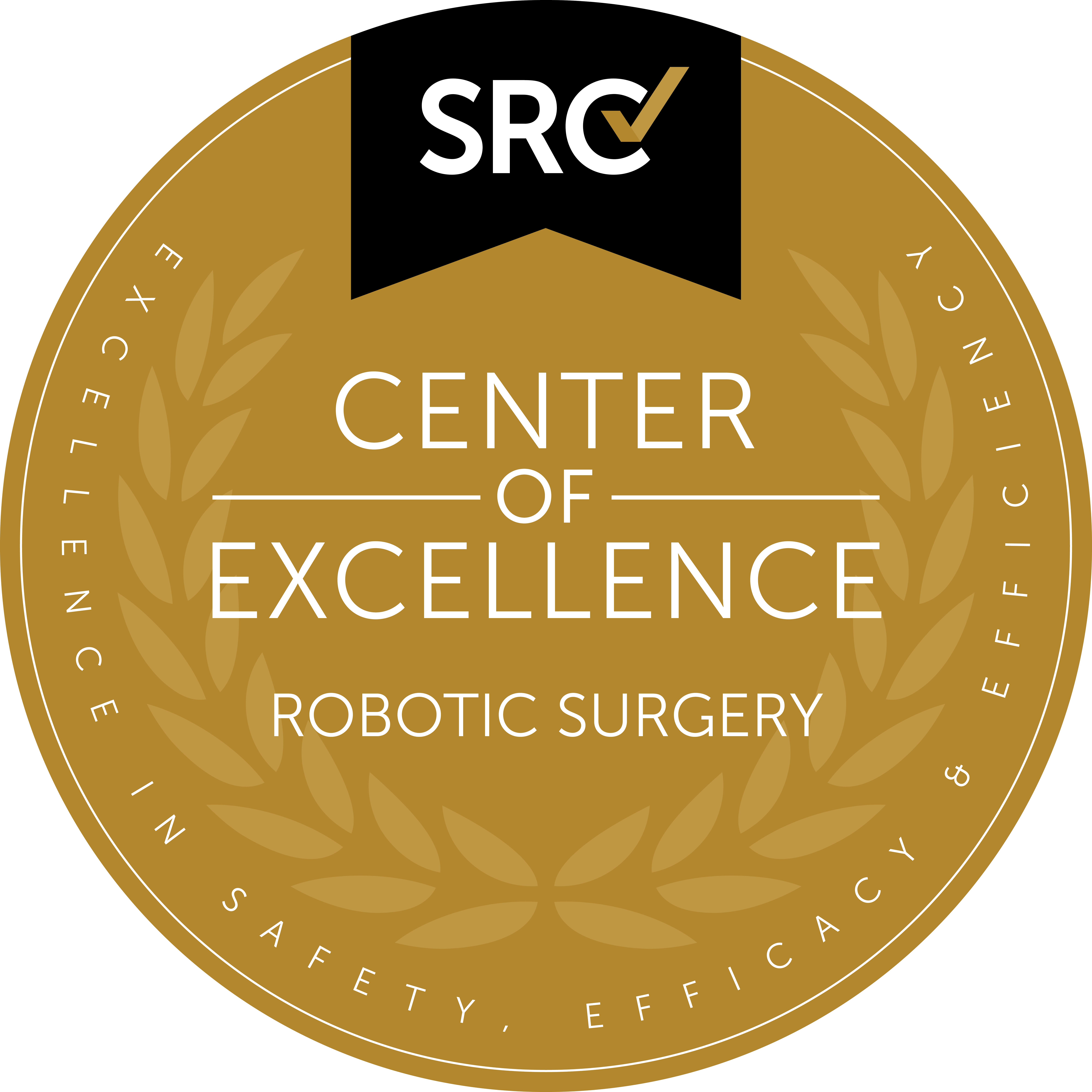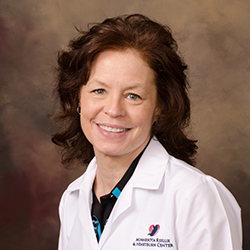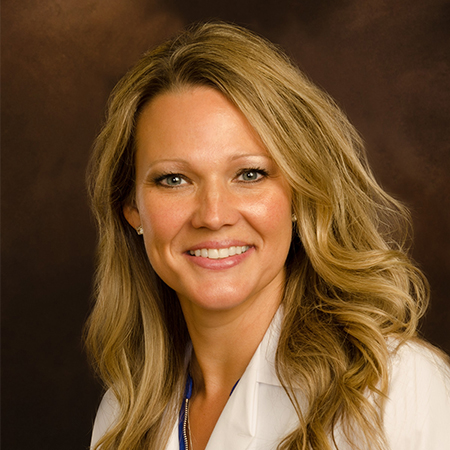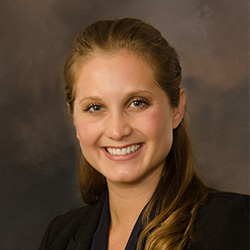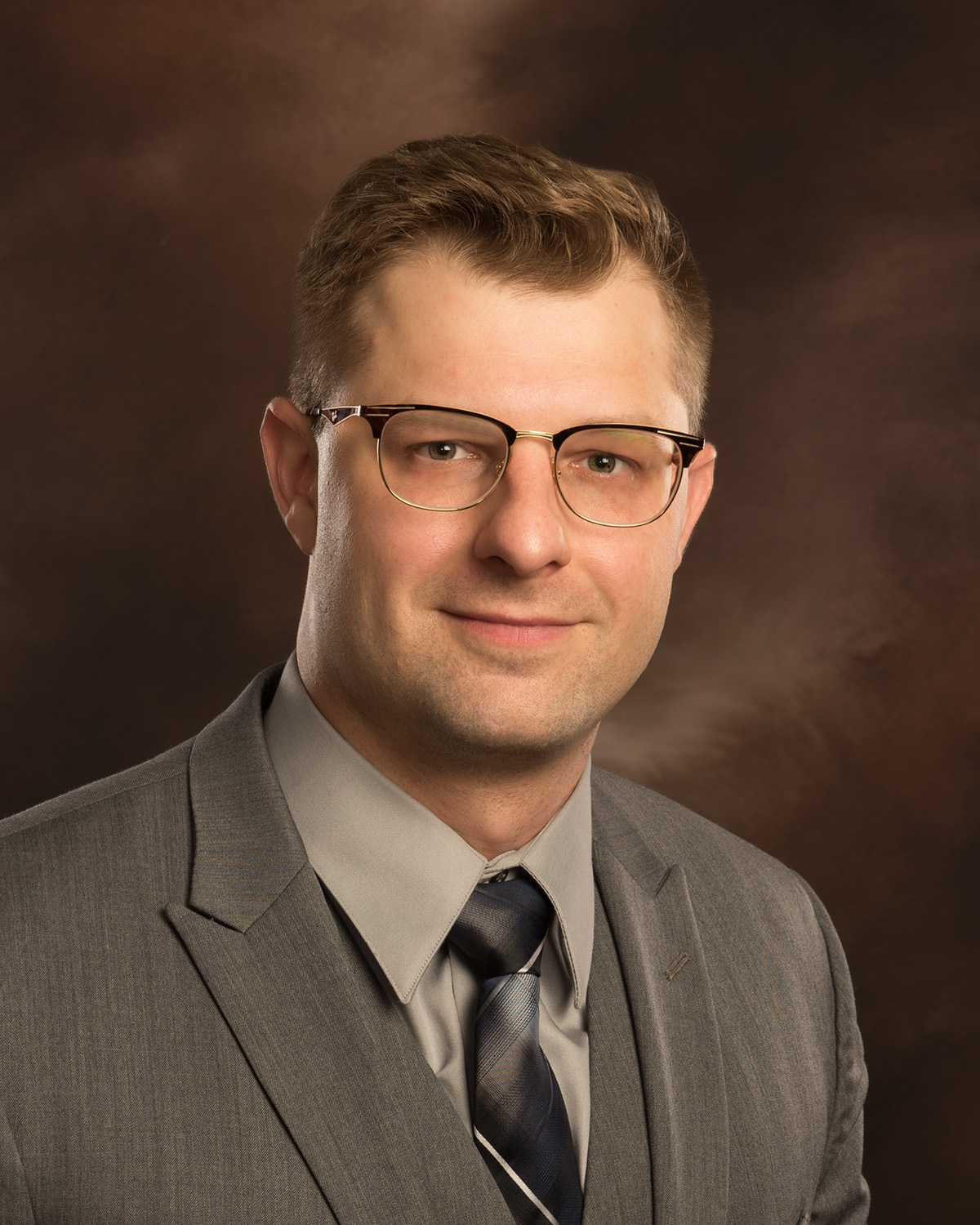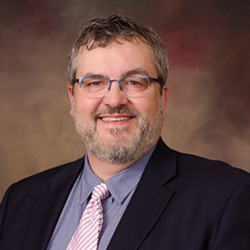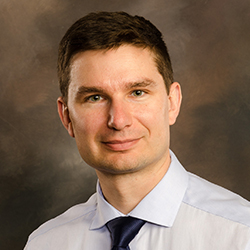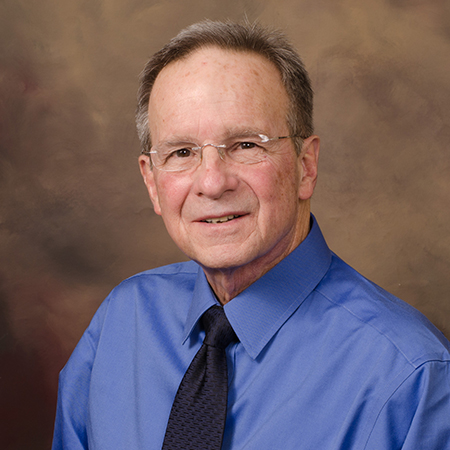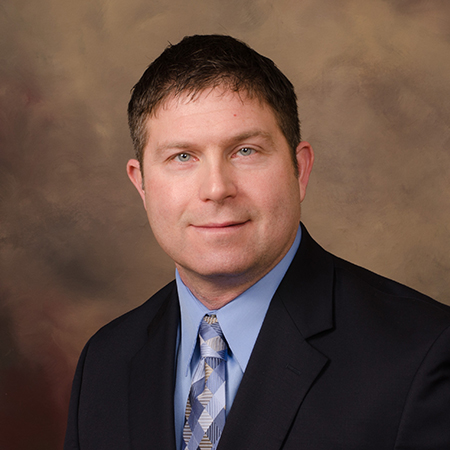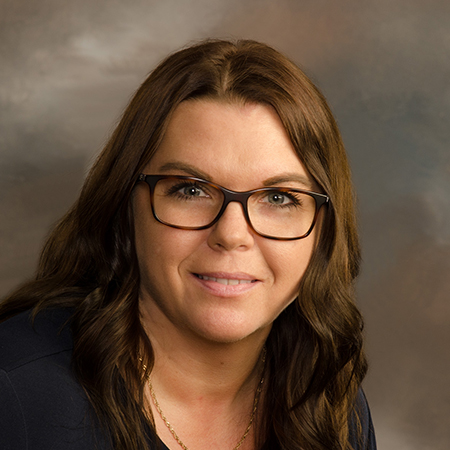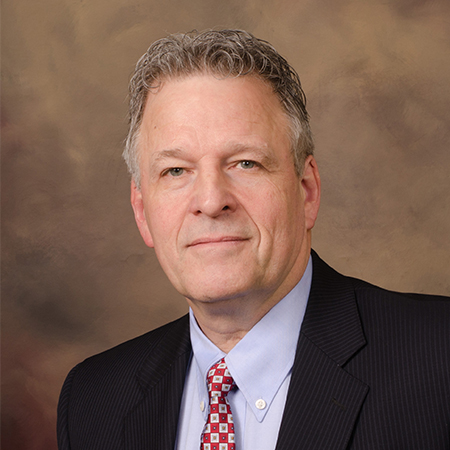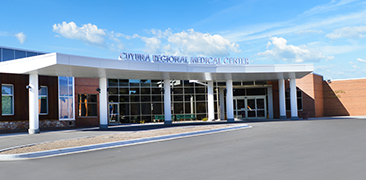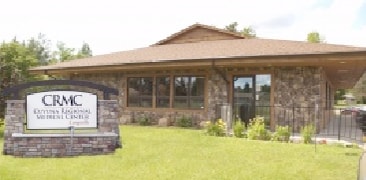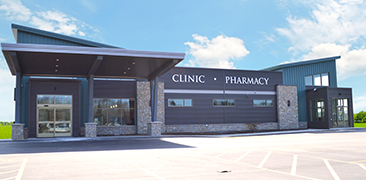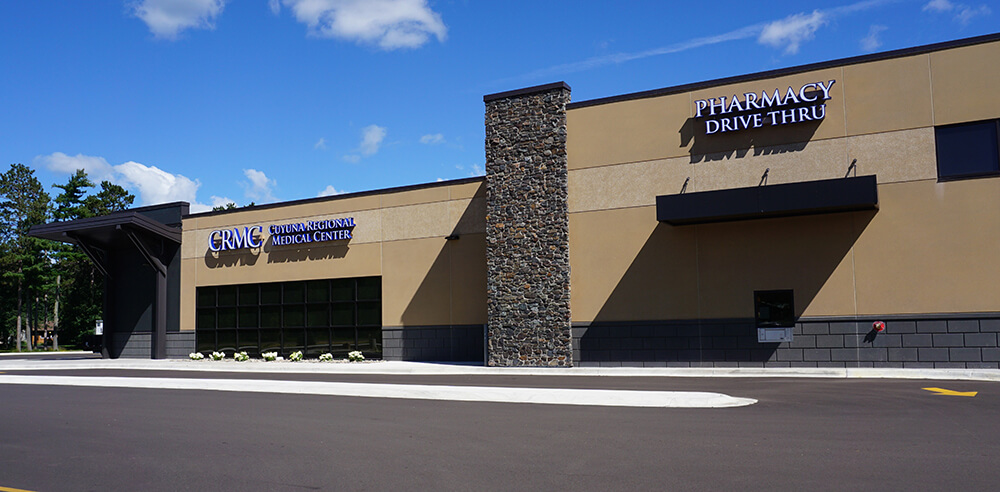Welcome to a higher level of surgical care.
From simple, minimally invasive procedures to complex and exacting operations involving several surgical specialties, surgery at Cuyuna Regional Medical Center offers several advantages including an expert, award-winning surgical team, use of the latest technology and new treatments, a broad spectrum of services and efficient scheduling for complex care.
CRMC’s fellowship trained surgeons have decades of combined experience representing a wide variety of expertise and specialties. Our team provides comprehensive, quality care to the highest level of standards. Whatever the procedure, our team makes sure you’re fully prepared by scheduling appointments prior to surgery to perform certain tests, provide preoperative information and answer ask any questions you have may. Minimally invasive techniques using laparoscopic instrumentation are performed when applicable.
CRMC is recognized as a Center of Excellence in robotic surgery, representing a culture of excellence and commitment to safe, effective, high-quality care. CRMC is also accredited by the Metabolic and Bariatric Surgery Accreditation and Quality Improvement Program (MBSAQIP) and has received Healthgrade’s Outstanding Patient Experience and U.S. News & World Report’s High Performing in Hip Replacement awards.

